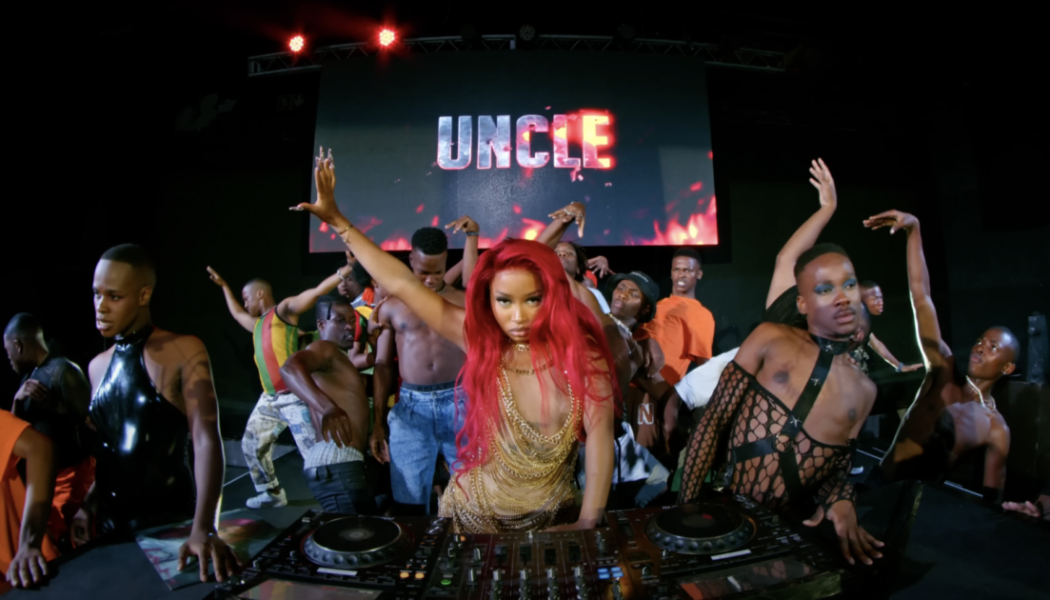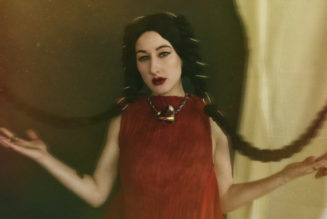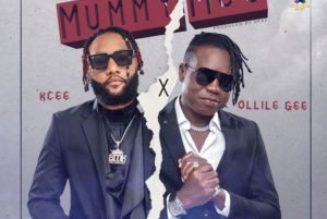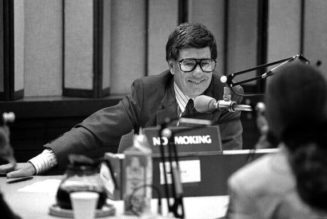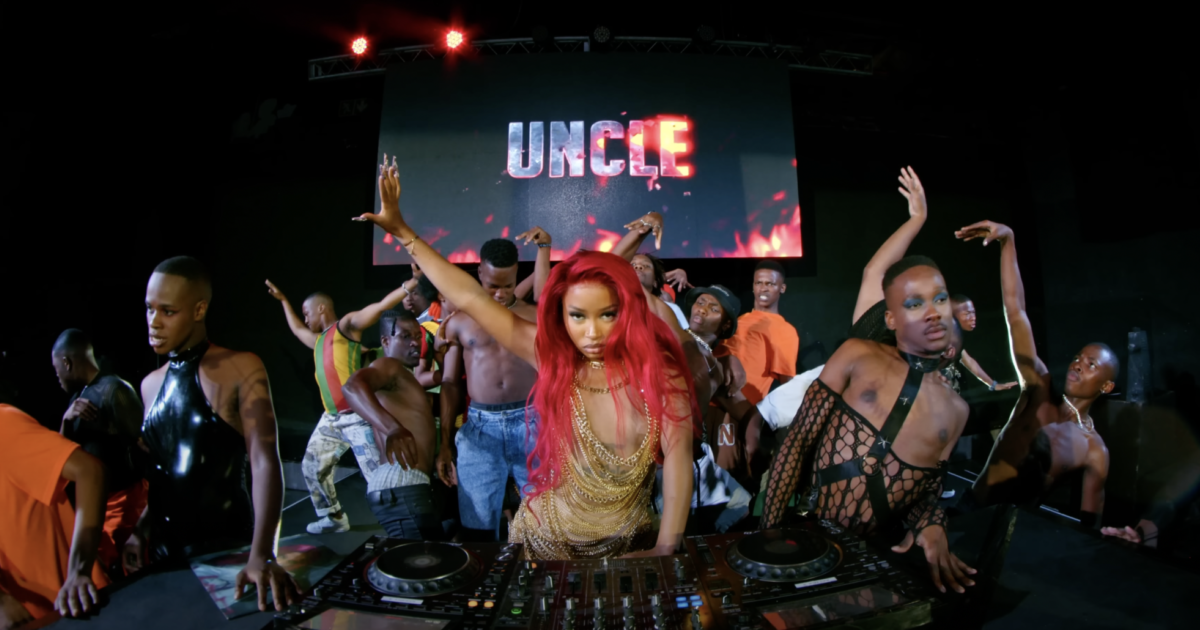
It gives you pause for caution. It’s not the first time that westerners have pillaged Africa, taken the bits that they like with little remuneration and have left what they don’t. For example Phillips spends the first chapter of the book outlining the song “Mbube” by Solomon Linda, which most are likely to know as “The Lion Speaks Tonight” – a track that’s become a battleground of African music equity.
Successful artists regularly repackage non-western styles of music for western audiences to massive success – often being lauded for ‘putting artists on the map’ in the process. But while their appreciation might be genuine, interest often burns brightly but fades away fast. This is where arguments for appropriation might come into play. In 2013 David Byrne’s label Luaka Bop issued a compilation of Nigerian artist William Onyeabor, and for years reams of column inches were dedicated to his mysterious, exotic story. In doing so he managed to capture the audience of the white, middle-class literati. Vice even produced a documentary on him featuring Blur front man and founder of Africa Express Damon Albarn. Though interest in Onyeabor felt genuine, his influence didn’t seem to engender more sustained interest in African music.
But the feverish discussion on cultural appropriation is often treated too simply. Take Graceland, Paul Simon’s best selling album, which integrated South African music and introduced LadySmith Black Mambazo to the world. “If you speak to most session musicians that worked on the album at the time, they will never ever tell you that it was racist,” says Phillips. “You would never speak badly about it, because it gave you work.”
Despite well-considered reservations, playlists titled (some would say lazily) ‘afro-pop’ or ‘afro-fusion’ and co-signs from big stars can change the trajectory of these artists’ careers. It’s a privilege to only have to consider the theoretical harm of appropriation while we live in the west amongst all of its spoils. “Do I think South African artists have been given the right platform? No,” says Phillips, adding: “Will they tell you that they are thrilled to be given that platform? Absolutely.”
Phillips is also keen to note just how remote the South African music industry is, and how little access and knowledge there is. “Who is rubbing shoulders with the editor of Rolling Stone in Bloemfontein?” she asks, noting how many prominent South Africans have had to move to the UK and US. Miriam Makeba spent significant time in England and America and was exiled from South Africa when her music became overtly political and anti-apartheid. Today, alternative artists like Petite Noir or Nakhane are based in the UK, with the latter signed to the British indie label Domino – home to Arctic Monkeys. Here they can rub shoulders, as Nakhane does, with Madonna.
It’s worth considering that maybe western artists aren’t leeches. That they like African music and want to share it like most ordinary music lovers do. Historically, there has been mutual trade off between the continents. Amapiano itself is an off-shoot of an American genre. “Black artists in America were often taking influence from African traditions and in turn influencing African artists,” Phillips explains.
The discussion about whose responsibility it is to make sure appreciation of African music supersedes appropriation can become very convoluted, and is rightfully being deconstructed. But beyond the big industry machines controlled by straight white men, Phillips turns the question on its head. “What is the responsibility of the listener? We have so much information at our fingertips to be able to do our own research and understand how, in whatever little way, we can pay this forward.”
At the end of the day, the music won’t die just because your favourite western pop star stopped being interested. Makeba, Fassie and amapiano all gained an audience because the music is brilliant and soulful. The goal is to avoid tokenism, and have sustained interest in the music that comes out of the continent. “I just want to keep shining a light on music and stories of people that often don’t get the time of day,” says Phillips.
All through her Renaissance tour, Beyoncé has mixed Swaziland-born, South African-based amapiano artist Uncle Waffles’ breakout track “Tanzania” into one of her dance breaks. When a concert-goer posted the clip of it, Uncle Waffles retweeted it saying “I’m crying wow” – teary emoji to boot. It’s quite the co-sign from one of the biggest acts in the world, and it would be remiss to criticise the genuine joy she feels from garnering this kind of attention just for being herself.
There’ll be many more co-signs to come, preceded by many more critiques. What Phillips wants to do is move past presenting these artists as clickbait or a short-lived obsession, devoid of context and history. She concludes: “I want to redefine South African music in a way that gives justice to these artists’ stories.”
South African Popular Music by Lior Phillips is out now via Bloomsbury Academic.
Follow Michelle on Twitter.
